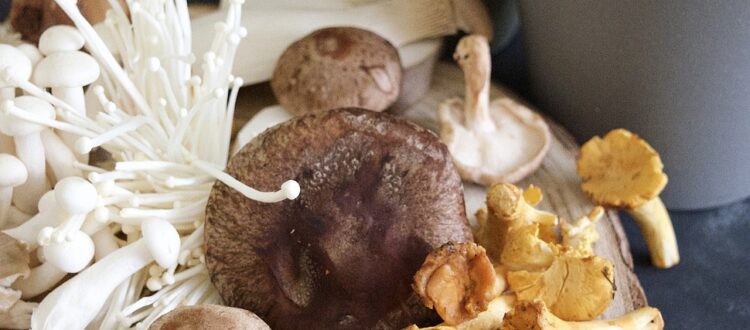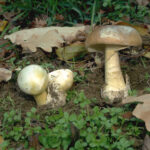
The Food Safety Information Council, this National Science Week 12 to 20 August, is encouraging Australians to learn how our ‘food detectives’ track down outbreaks of foodborne disease to keep us all safer.
Cathy Moir, Council Chair, said that this year’s National Science Week theme is innovation in science and its role today in tracking down food poisoning outbreaks (together with a lot of good old-fashioned leg work).
‘There are an estimated 4.67 million cases of food poisoning in Australia each year that result in 47,900 hospitalisations, 38 deaths and a cost to the economy of $2.1 billion. Tracking down what caused these cases is a huge job and in the past this was only done by asking those with food poisoning what and where they had eaten recently and trying to link that information to a particular source of the suspect food or type of food. Often this is very difficult as people blame the last thing they ate when it could have been eaten several days, weeks or even months ago or they can’t remember everything they have eaten,’ Ms Moir said.
‘More recently whole genome sequencing (WGS) has emerged as a highly accurate tool, supported by interview information, to identify the viruses, bacteria, fungi and parasites that cause foodborne diseases. All of these pathogens have unique DNA patterns that can be compared among infected people and with a suspected food source, if positive samples have been isolated from food.
‘A recent example of food detective work was an investigation into Listeria monocytogenes in enoki mushrooms in several countries, including here in Australia. As a result, a number of products have been recalled from sale in Australia and other countries, and educational materials around safe ways to consume enoki mushrooms have been promoted through social media. The current advice is not to eat enoki mushrooms raw but to cook them all the way through, for example in a soup, and store in the fridge at 5°C or under.
‘Australia has effective systems in place to protect consumers from foodborne illness which includes the OzFoodNet network which monitors and responds to foodborne diseases in Australia. Their mission is to investigate foodborne disease, describe more effectively its epidemiology (the study of how often diseases occur in different groups of people and why) and identify ways to minimise foodborne disease in Australia.
‘Should you or someone in your family think they have a foodborne illness visit your doctor, especially if you are in a high-risk group such as being elderly, (generally regarded as being over 65 to 70 years), very young, pregnant or immune compromised. If illness is confirmed get in touch with your local food enforcement contact to report it. It probably wasn’t the last meal you ate, but if you have any food samples keep them refrigerated as they may be collected for analysis, Ms Moir concluded.
You can keep up to date with the latest food recalls by following the Food Safety Information Council on social media Facebook or Twitter/X @FSIC1
Media contact:
Lydia Buchtmann, Food Safety Information Council, 0407 626 688 or info@foodsafety.asn.au



